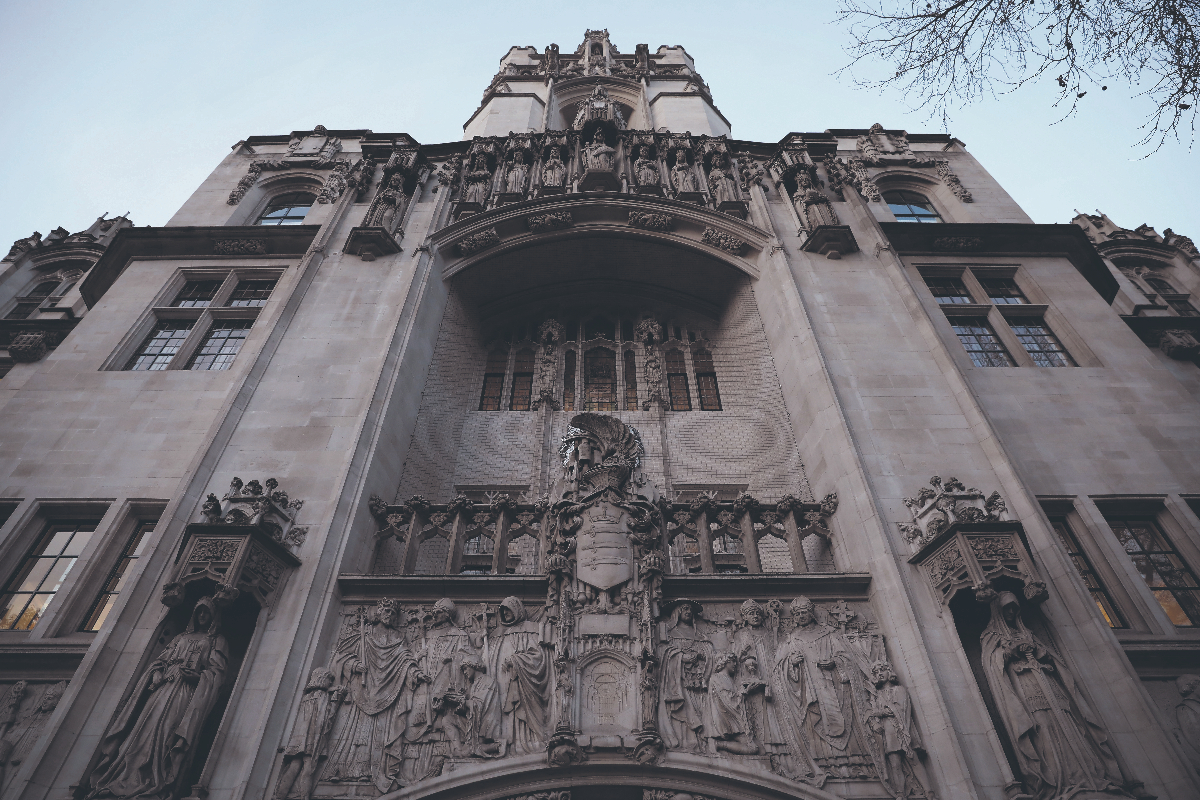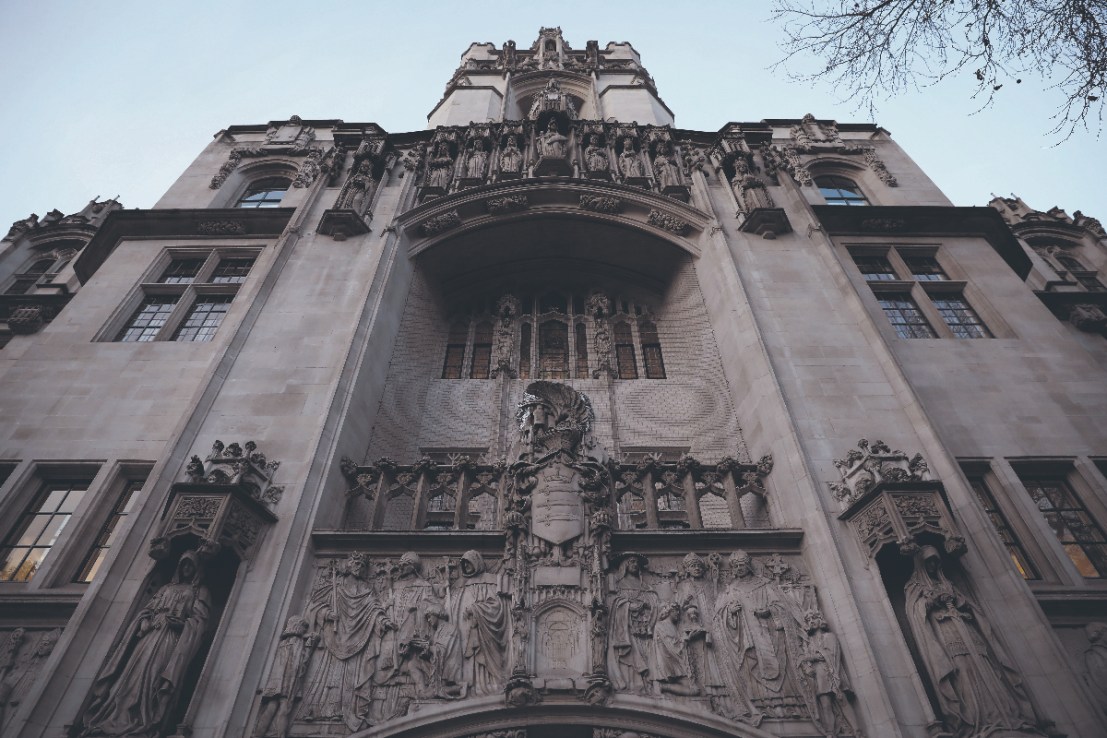Supreme Court: Firms linked to top Morgan Stanley banker and Wayne Rooney denied tax allowances
Investment firms have been denied using tax allowances from a marketed tax scheme by the Supreme Court after it dismissed its appeal against the HMRC


Investment firms that buy construction contacts have been denied using tax allowances from a marketed tax scheme by the Supreme Court after it dismissed its appeal against the HMRC.
Cobalt Data Centre 2 LLP (CDC2) and Cobalt Data Centre 3 LLP (CDC3) were at the heart of the dispute with the tax authorities.
The vehicles have Morgan Stanley’s global co-head of investment banking Simon Smith and former Manchester United legend Wayne Rooney listed as members, along with 400 other people.
The legal challenge is over if firms are entitled to 100 per cent capital allowances for expenditure they incurred in construction under the Enterprise Zone Allowances (EZA).
In April 2011, the firms acquired, among other assets, a construction contract with Highbridge North Tyneside Developer One and Highbridge North Tyneside Contractor One.
The contract was linked to construction works to be undertaken at the Cobalt Business Park in Newcastle, that was, from February 1996 to 18 February 2006, within an enterprise zone.
The CDC2 paid over £153m and CDC3 paid over £109m, and in their tax returns for the year 2010-2011, the firms claimed for capital allowances under the EZA regime.
In July 2016, HMRC denied the firms’ EZA claims, arguing that the expenditure fell outside the time limits. The case was taken to the Upper Tribunal in 2018 as CDC2 and CDC3 sought to appeal this decision.
The Upper Tribunal allowed the appeal. The case then went to the Court of Appeal after HMRC sought to overturn this decision, which was granted in 2022.
The Court of Appeal stated that the expenditure was incurred under a new and different agreement and not under the contract that fell within an Enterprise Zone.
The tax case was brought to the Supreme Court earlier this year after the firms’ appealed the Court of Appeal decision. Today, the top court in the UK unanimously dismissed the case.
Commenting on the decision, Jonathan Smith, HMRC’s director of counter avoidance said: ”I’m delighted the Supreme Court has confirmed that this tax avoidance scheme does not work. In total this case will enable us to bring in more than £100 million to pay for public services.
“This long-running case shows our determination to stop such attempts to avoid tax. I urge any users of these schemes who have not yet settled, to speak to us urgently to discuss their options,” he added.



